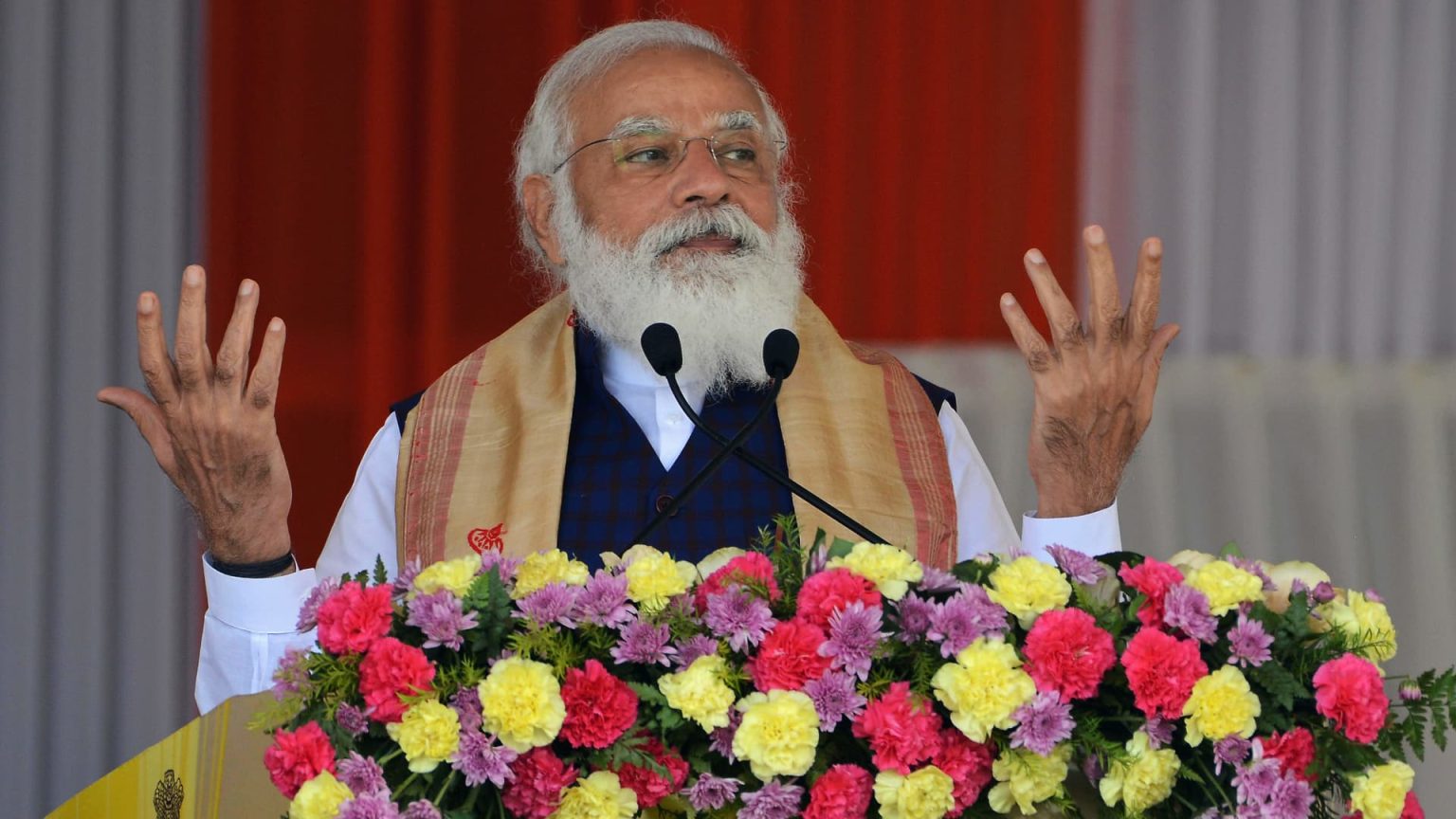Prime Minister Narendra Modi of India is poised to secure a rare third consecutive term in power, with local exit polls indicating that his Bharatiya Janata Party-led alliance is likely to win a parliamentary majority. The BJP-led National Democratic Alliance is expected to secure around 365 out of the 543 seats in the lower house of parliament, according to a summary by local news channel NDTV. Final results are expected on Tuesday and may differ from the exit poll projections. If confirmed, Modi will serve another five years as prime minister, a position he has held since 2014. The election, the largest democratic election in the world with nearly a billion eligible voters, unfolded over seven phases in the last six weeks.
During Modi’s tenure, India has experienced significant economic growth and gained global prominence. With a population of 1.4 billion, India has one of the world’s fastest-growing economies, expanding by 7.2% in the fiscal year 2022-2023. The country’s economy is projected to grow by 6.8% in 2024 and 6.5% in 2025, outpacing China. Some economists believe that India could achieve growth rates of 7%-7.5%, with a focus on improving infrastructure to drive growth. Modi has pledged in the BJP’s manifesto to propel India into the top three economies globally, combat poverty, promote growth, and address corruption.
Despite optimism about India’s growth prospects under Modi, there are concerns about potential challenges in his third term, including a democratic backslide. Critics accuse Modi of using hate speech during the election campaign, specifically targeting Muslims as “infiltrators.” The issue of religious divisions in India, as well as rising unemployment, were key topics during the election. A survey found that 27% of respondents identified unemployment as their top concern, with 62% reporting that it had become more challenging to find jobs during Modi’s second term. Despite Modi’s confidence in the BJP securing 400 seats, analysts suggest that maintaining a majority close to the 303 seats won in 2019 would still be positive for the Indian equity market.
Observers and critics have warned about the potential for a democratic backslide in India under Modi’s third term, citing concerns about his divisive rhetoric and governance style. The election has highlighted issues surrounding religious tensions and rising unemployment rates in the country. While Modi’s economic policies have been lauded for driving growth and improving India’s global standing, there are ongoing concerns about social cohesion and inclusivity within the country. As the final results are awaited, the implications of Modi’s potential third term on India’s future trajectory and governance remain subjects of debate and scrutiny.


